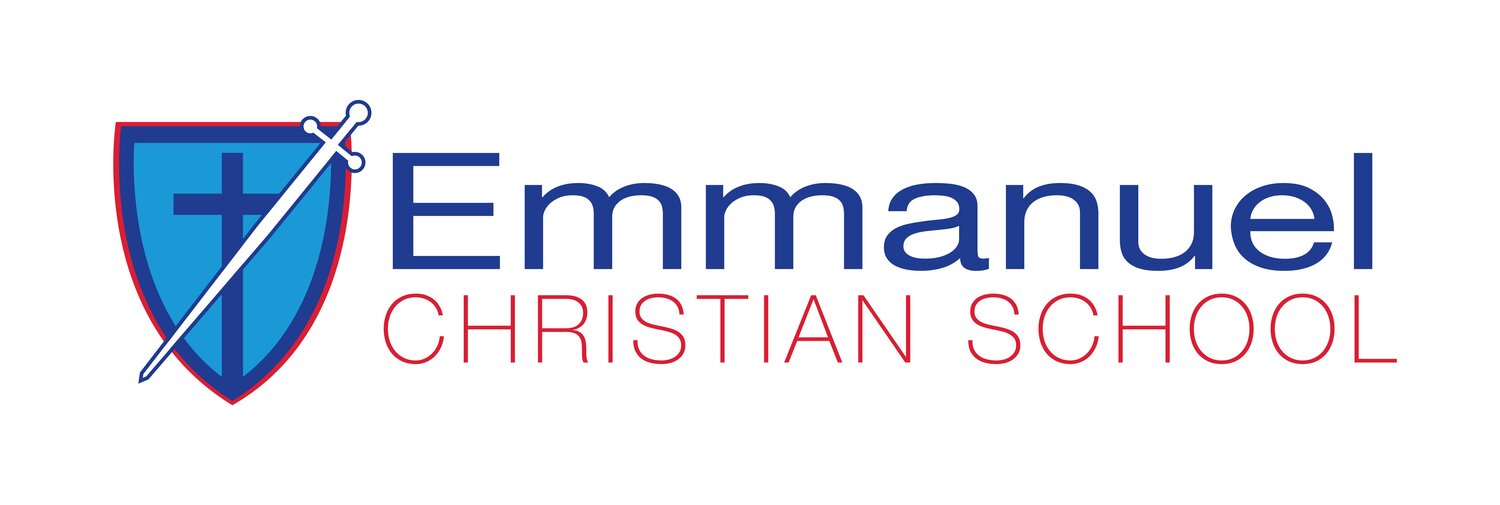One significant community event we held this term was Fathers’ Day.
I am a fatherless father, having lost my father when I was a teenager. I have a slight idea of what Fathers’ Day may mean, given my circumstances. Fatherlessness has been labelled a global pandemic. As such, it is not unique to grow up in a fatherless home or to not have a significant male figure in your life. The absence of father figures in households presents numerous challenges, inclusive of psychosocial and emotional struggles. We thank God for our mothers and how they persevere in trying to be both parents. The reality of our lives is that we are living, and our children are growing in a society where traditional family structures are increasingly fragmented. In such an era, Christian schooling is emerging as a beacon of stability and a source of guidance for all children. Christian schools are in a unique position to offer support that addresses the above-mentioned struggles whilst upholding a nurturing environment through the valuing of community, emphasising faith, and holistic education.
Whilst Christian schools believe in parent-school partnership and never see themselves as a substitute for family, they offer paternal guidance for those in need. Built on a strong foundation, who is Christ (Ephesians 2: 21-22), Christian schools teach from a distinctive Christian worldview that provides a deep sense of safety, connectedness, and belonging. Whilst science abounds with facts that affirm the notion that children in fatherless homes are at a higher risk for various negative outcomes, Christian schooling counteracts this narrative by embedding the biblical principles into the curricular. These principles support the view that through faith all things are possible, which implies that through faith it is possible for children living in fatherless homes to be of outstanding character, purposeful, resilient, and successful in life. Psalms 68:5 reminds us that
“Father to the fatherless, defender of widows, is God in His holy dwelling”.
Christian schools believe that there is abundant providence within the school for those lacking earthly fathers and significant male figures in their lives.
Pastoral programs within Christian schools like Emmanuel are not poised at enforcing compliance but abundant living, solid character development, and ingraining of moral values. Character is a fundamental attribute and a key determinant of how far one goes in life. Character trumps cash and charisma, and is crucial in assisting children navigate the complexities of life (Brooks, 2015). The promotion of strong moral foundation, which is characteristic of Christian schooling, equips and prepares students for life through nurturing resilience and confidence in them to face the struggles inherent in fatherless environments.
“Character trumps cash and charisma, and is crucial in assisting children navigate the complexities of life.”
The adage has been, it takes a village to raise a child. This adage still resonates today and is part of the Christian schooling DNA. Whilst society emphasises and celebrates individual expressionism, Christian schools uphold the power of ‘ubuntu’ and the role communities in an individual’s success. The valuing of community, church-school-family partnership remains vital for those who lack paternal support. School pastoral teams and male staff members in Christian schools are aware of the call that God has placed on their lives to be ‘fathers to the fatherless’. Supportive networks exist in Christian schooling to mentor those lacking paternal support. Implicit in this communal approach is emotional support, guidance, and the social capital that these students need to navigate the world. These networks that exist in Christian schools make a significant contribution in filling the gap left by absent fathers.
As I conclude I would like to affirm that Christian schools continue to offer a valuable alternative for the fatherless through the provisioning of a stable, faith-based environment that values character development and collective support. Thus, whilst attending to the current crisis, Christian schooling provides for secure, purposeful, and hopeful futures!
Lifeas Kapofu - Principal

